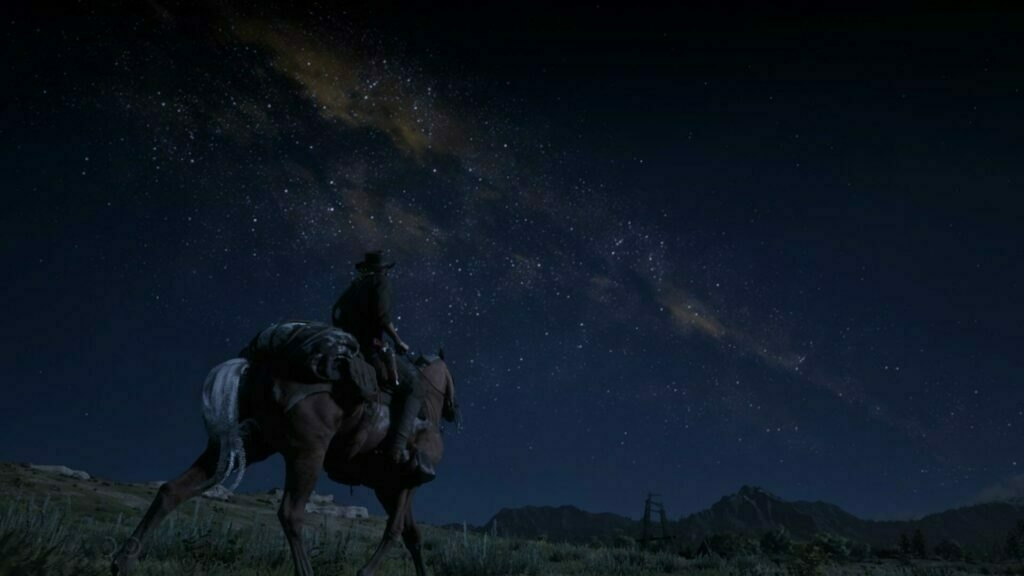What, after all, is 'redemption'?
This article by Hanif Abdurraqib in The Paris Review draws analogies between one of my favourite games, Red Dead Redemption 2, and his own life. It’s probably worth pointing out that the article contains spoilers for the single-player version of the game.
What I appreciated about Abdurraqib’s writing is that he doesn’t use the world ‘escapism’ to describe gaming. Instead, he discusses notions of heaven and hell, of what ‘redemption’ might actually mean, and explores the complexities of life.
For me, I play games which, like Red Dead Redemption 2, allow me to play morally-questionable characters. It’s a form of release, for sure, but it’s also an opportunity to explore a side of oneself perhaps impossible to do so given current real-world constraints.
It’s for this reason that I feel sorry for non-gamers. Where do they get this kind of experience?

A therapist asked me once if I thought of myself as redeemable, and I’m almost certain I laughed it off, or detoured toward another answer that sounded satisfying but actually said nothing. I believe in redemption in the same way that I believe in heaven: I feel required to. Not only because of my personal politics, but also because of my social interests, and my investment in others beyond myself, and also—yes—because I do imagine that somewhere along the uneven path of my life, I’ve tried to be better more often than I have been worse. I suppose I’m cynical about all of it, though. The world, as it stands, is obsessed with punishment, particularly for the most marginalized. Punishment for living in the margins, or an intersection of the margins. I don’t know if my personal beliefs in redemption can undo that massive ghost, hovering over so many of our lives, baked into our impulses, even when we know better. Even when we, ourselves, have been on the losing end of that impulse.Source: We’re More Ghosts Than People | The Paris ReviewIt is easy to attempt to redeem Arthur in a world that isn’t real. To play a mission where Arthur kills, rides away over a trail of dead bodies, and then goes and helps the camp with chores. Picks some flowers along a hillside. Helps a family build a house. In a world where no one is reminding you of the wreckage you’ve taken part in, it’s easy to compartmentalize your damage and chase after that which is strictly beautiful, or cleansing. Climbing your way toward the upper room by any means necessary, on the wings of anyone who will have you.